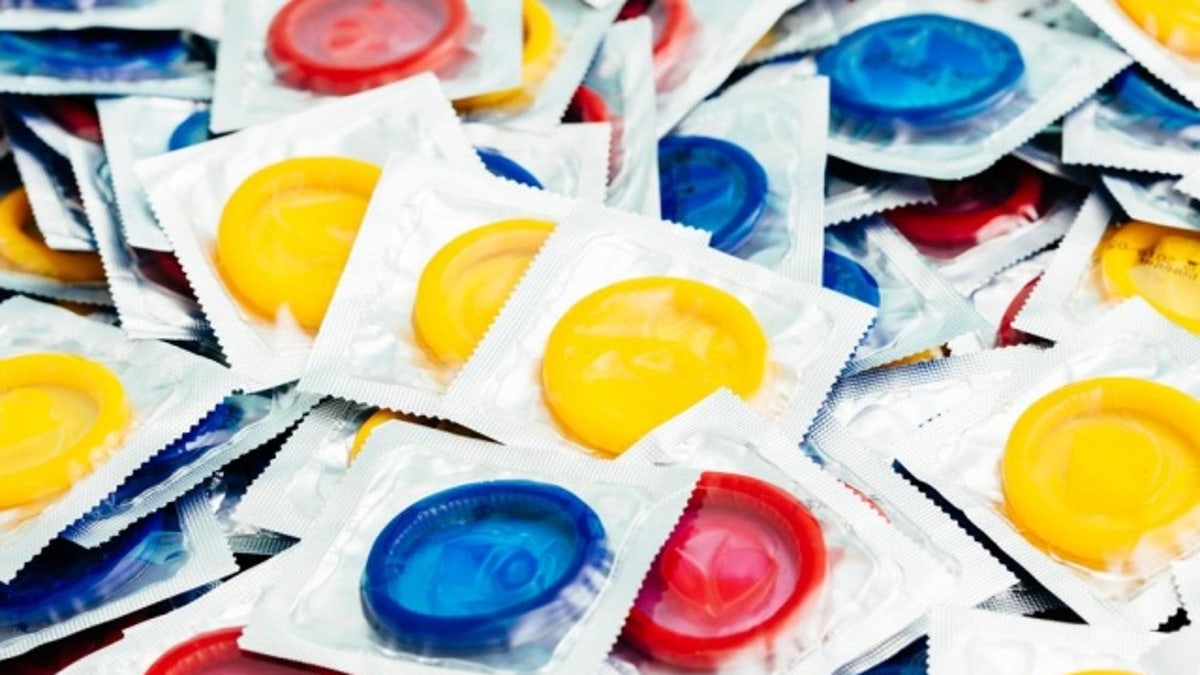
Two years ago, Abby Norman was in the heat of the moment with a guy she was casually dating. He didn’t have a condom — and the one she had on hand was expired.
Norman, now 25, was raised to be diligent about reproductive health, so she didn’t think twice asking about her partner’s sexual history: How many partners did he have? When was the last time he was exposed to a sexually transmitted infection (STI)? Does he always use a condom?
“He was very shocked at how direct I was, and I don’t think a woman’s been that direct with him,” Norman, a writer who lives in Camden, Maine, tells The Post. Her partner hesitated to answer her questions, and that made her nervous. Unfortunately, Norman says, this isn’t the first time people have been put off by her concern for her own sexual health.
“I’ve gotten teased by my partners and my peers, and my diligence has been seen as being a bit intense,” Norman says. “I feel like there’s a culture of ‘chill,’ or not wanting to be perceived as intense.”
Her friends aren’t the only ones who are cavalier about their sexual health. A new report from the Centers for Disease Control and Prevention found a recent spike in STIs such as chlamydia (up nearly 6 percent since 2014), gonorrhea (up nearly 13 percent) and syphilis (up 19 percent) among young people. The CDC says that almost 20 million new STIs occur every year, over half of them afflicting young people between the ages of 15 and 24.
The reason millennials are catching STIs quicker than they catch Pokémon? Many are simply not using condoms.
